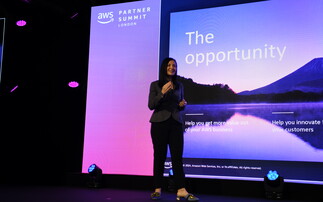Vendor boldly claims lightning will strike twice for the channel when it comes to Windows migration
The impending end of support for Windows Server 2003 is "one of the biggest opportunities in the channel for some time," according to Microsoft's UK general manager of its SME and partner group, Cl...
To continue reading this article...
Join CRN
- Enjoy full access to channelweb.co.uk - the UK’s top news source for the IT channel
- Gain the latest insights through market analysis and interviews with channel leaders
- Stay on top of key trends with the Insider weekly newsletter curated by CRN’s editor
- Be the first to hear about our industry leading events and awards programmes
Already a CRN member?










